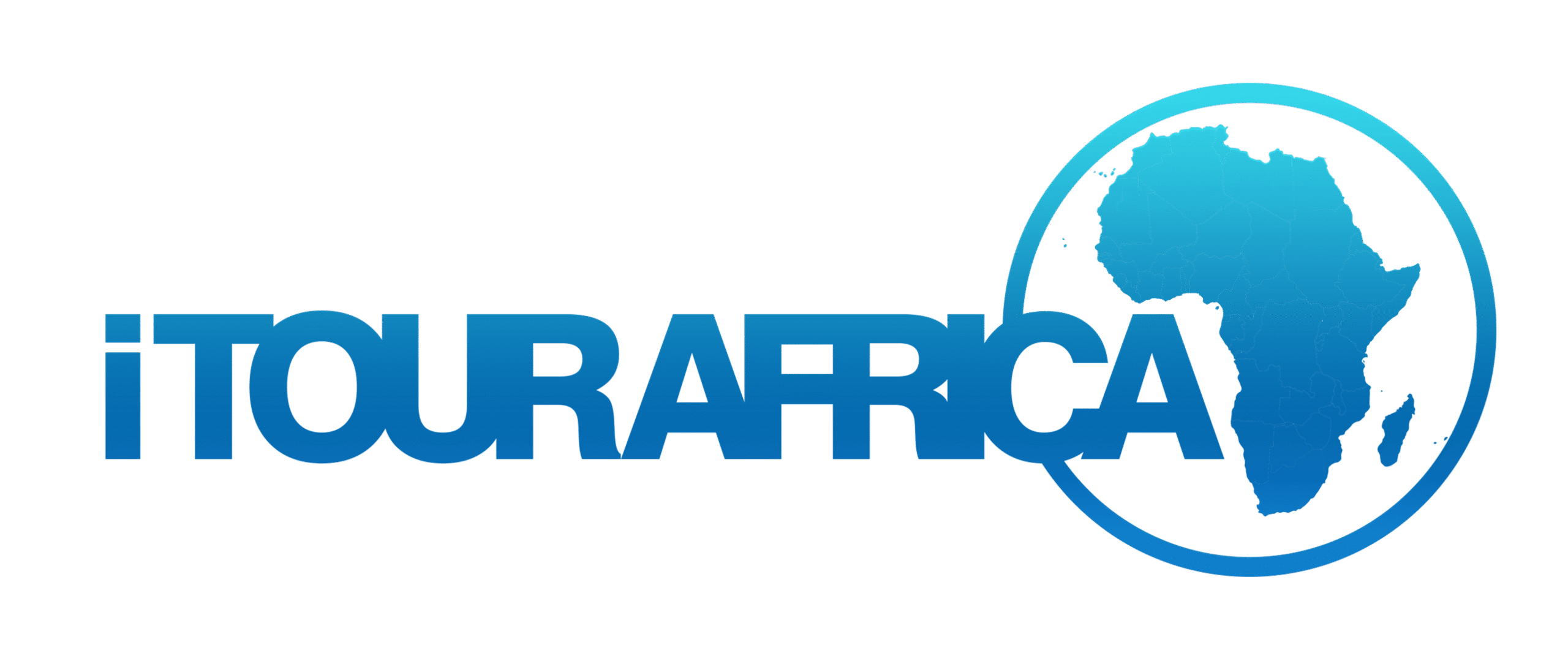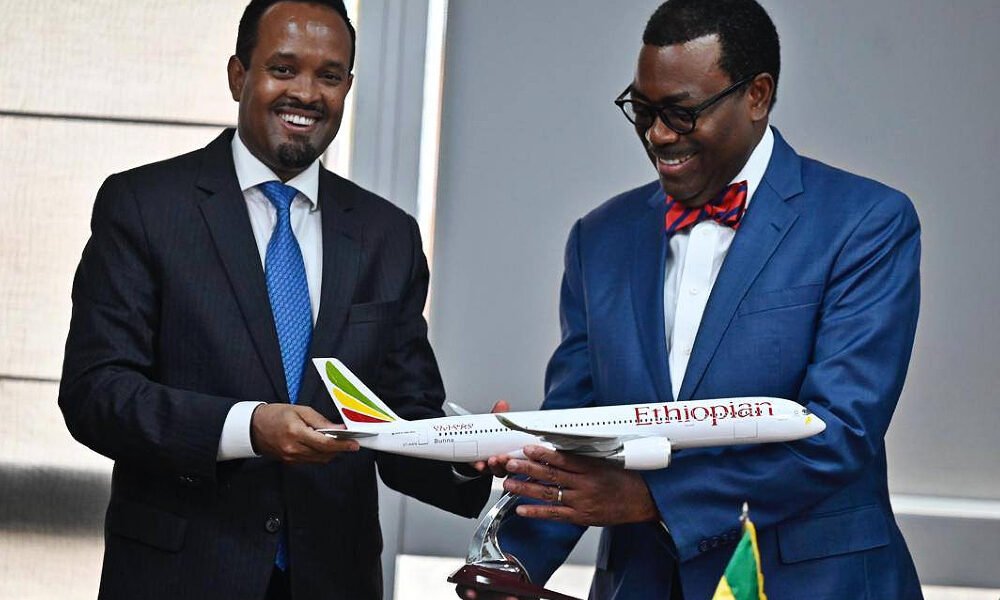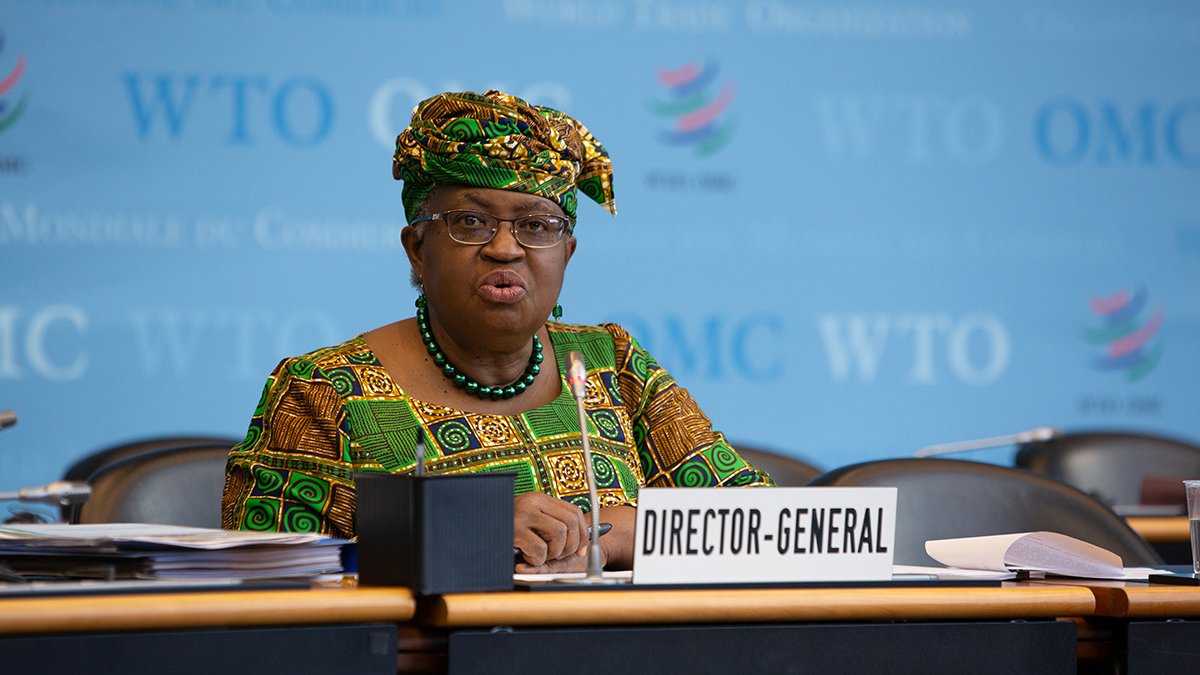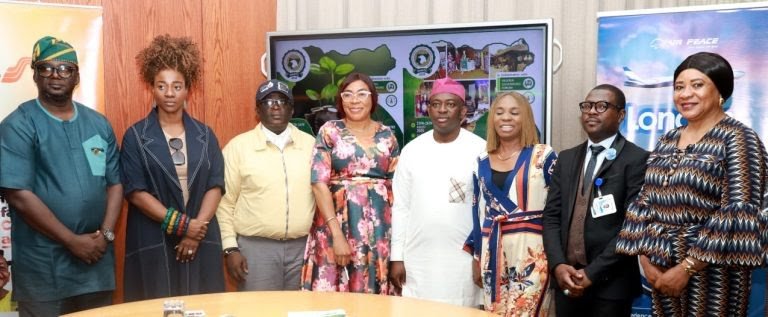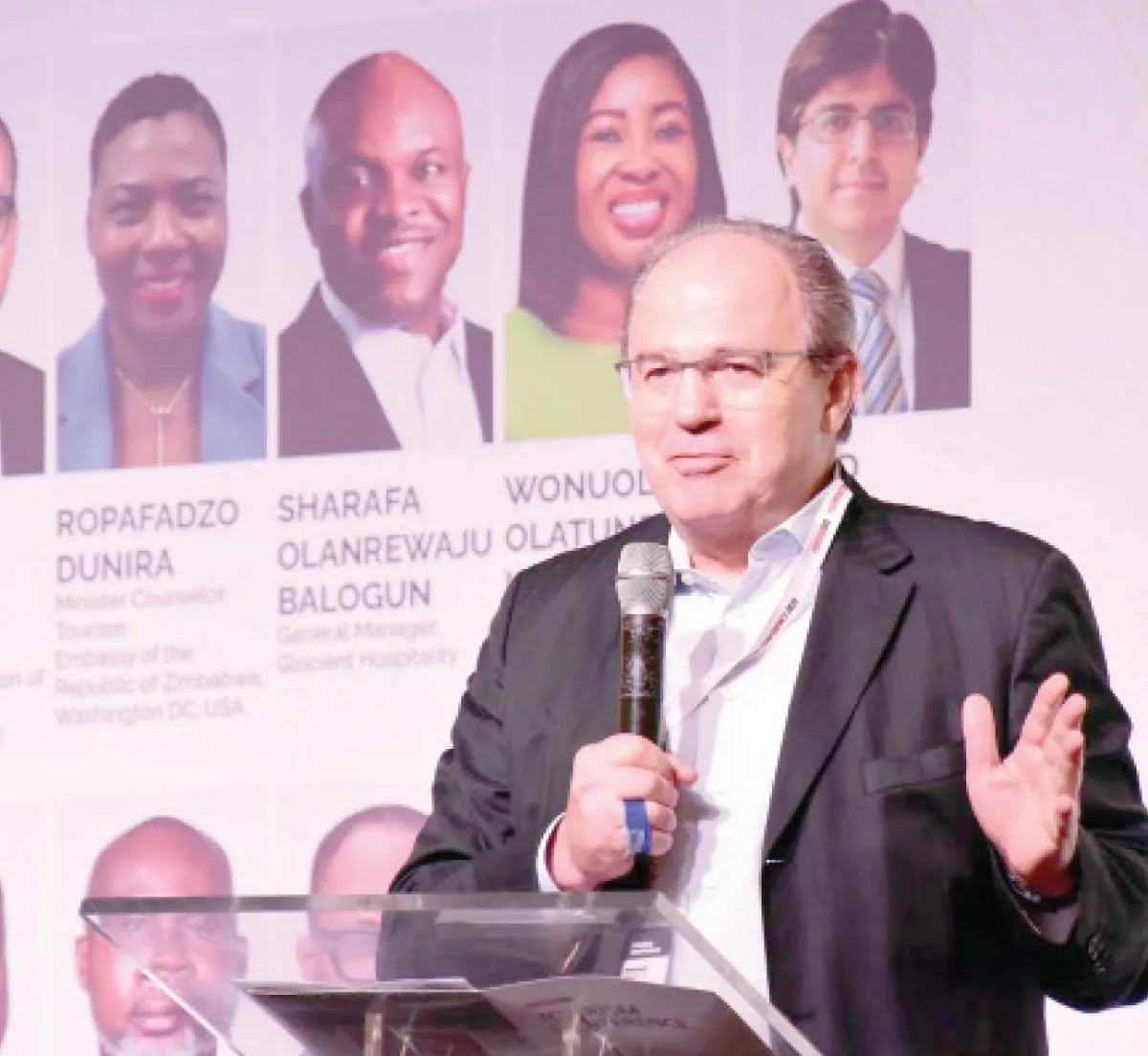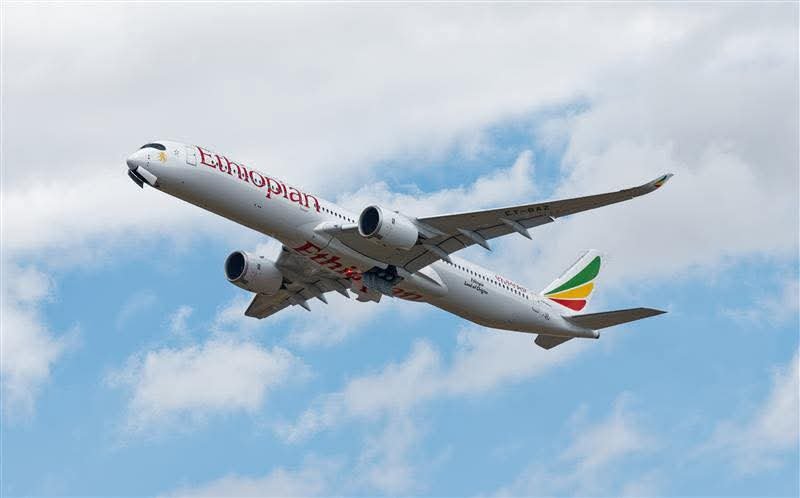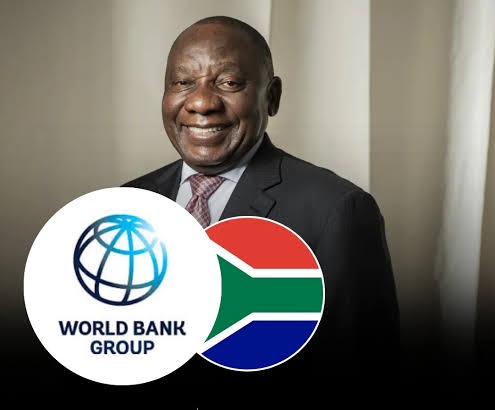
South Africa’s efforts to modernize its ailing transportation infrastructure and accelerate its shift toward a more sustainable, low-carbon economy received a major boost as the World Bank approved a $1.5 billion loan. The National Treasury confirmed the development on Monday, describing the loan as a crucial step in tackling structural challenges in one of Africa’s largest economies.
The loan comes amid growing domestic and international pressure on South Africa to address persistent issues within its transportation networks, which have long been plagued by inefficiencies, underinvestment, and poor maintenance. These challenges have not only stifled economic growth but also contributed to South Africa’s significant carbon emissions, especially from the transport and energy sectors.
According to the National Treasury, the World Bank financing will support key reforms in transport infrastructure planning, enhance public investment management, and contribute to a broader climate-resilient development agenda. The move forms part of the Development Policy Operation (DPO) framework, which links financial support to specific policy reforms.
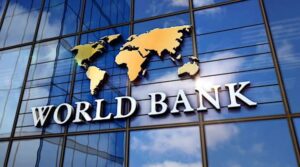
Addressing Infrastructure Gaps
South Africa’s transport sector, encompassing rail, road, and public transit systems, has faced severe criticism in recent years. The collapse of parts of the railway system, persistent delays at ports, and congestion on major roadways have hampered economic activity, disrupted logistics chains, and weakened investor confidence.
Finance Minister Enoch Godongwana welcomed the World Bank’s support, saying, “This operation reflects the government’s commitment to implementing structural reforms that will modernize the economy and build long-term resilience. Improving transport infrastructure is not just about moving goods and people more efficiently—it’s about unlocking inclusive growth and addressing long-standing inequalities.”
He noted that revitalizing the sector is essential for South Africa to improve export competitiveness and job creation, particularly in underdeveloped regions that suffer from limited access to markets.
Climate Resilience at the Core
A significant portion of the $1.5 billion loan will also be directed toward South Africa’s transition to a low-carbon economy. As one of the most carbon-intensive economies per capita in the world, largely due to its reliance on coal for power generation, South Africa has faced growing calls to adopt greener, more sustainable energy and transport policies.
The loan will support policy measures to reduce emissions in the transportation sector by promoting public transit, non-motorized mobility, and the electrification of vehicles. These interventions align with South Africa’s broader Just Energy Transition (JET) strategy, which aims to decarbonize the economy while protecting vulnerable communities and workers.
“This support from the World Bank is critical in helping us meet our international climate commitments, including our nationally determined contributions under the Paris Agreement,” said Minister of Environment, Forestry and Fisheries, Barbara Creecy. “It provides both the fiscal space and policy guidance we need to advance environmental reforms in a just and equitable way.”
World Bank Backs Reform Agenda
The World Bank has reiterated its support for South Africa’s reform agenda, particularly in light of recent efforts to improve public sector governance, strengthen financial management, and address economic bottlenecks. In a statement, the Bank praised South Africa’s commitment to reform despite a difficult fiscal environment, citing progress in energy sector restructuring, anti-corruption measures, and regulatory reforms.
Marie Françoise Marie-Nelly, the World Bank’s Country Director for South Africa, emphasized the importance of the loan in supporting not just infrastructure but institutional reform. “This operation is about enabling the government to deliver better public services, reduce inequality, and support the transition to a greener, more inclusive economy.”
Looking Ahead
While the $1.5 billion loan is expected to ease short-term fiscal pressures, economic analysts warn that effective implementation will be key to realizing long-term benefits. Transparency in procurement, efficient project execution, and coordination across national and provincial governments will be essential to avoid past pitfalls.
The loan marks the latest in a series of international financial supports directed at helping South Africa manage its economic recovery and energy transition. Earlier, the country secured funding from international partners including Germany, the United Kingdom, and the United States under the Just Energy Transition Partnership (JETP).
With South Africa’s economic growth forecast still under 2% for 2025, stakeholders agree that strategic investments in infrastructure and green development could be the catalyst the country needs to reverse years of stagnation and inequality.
